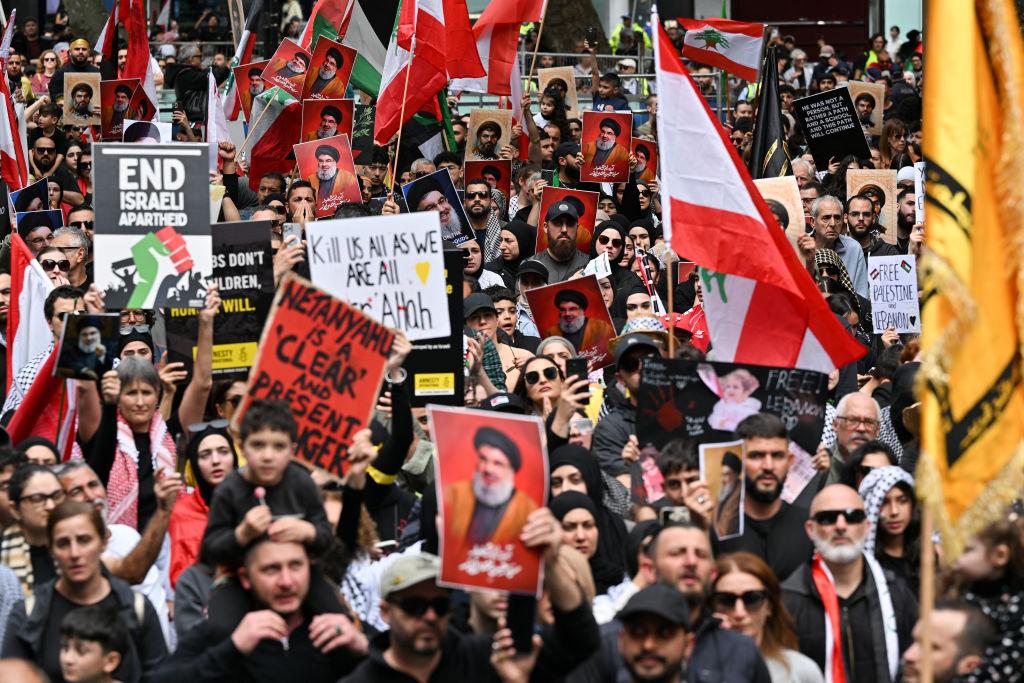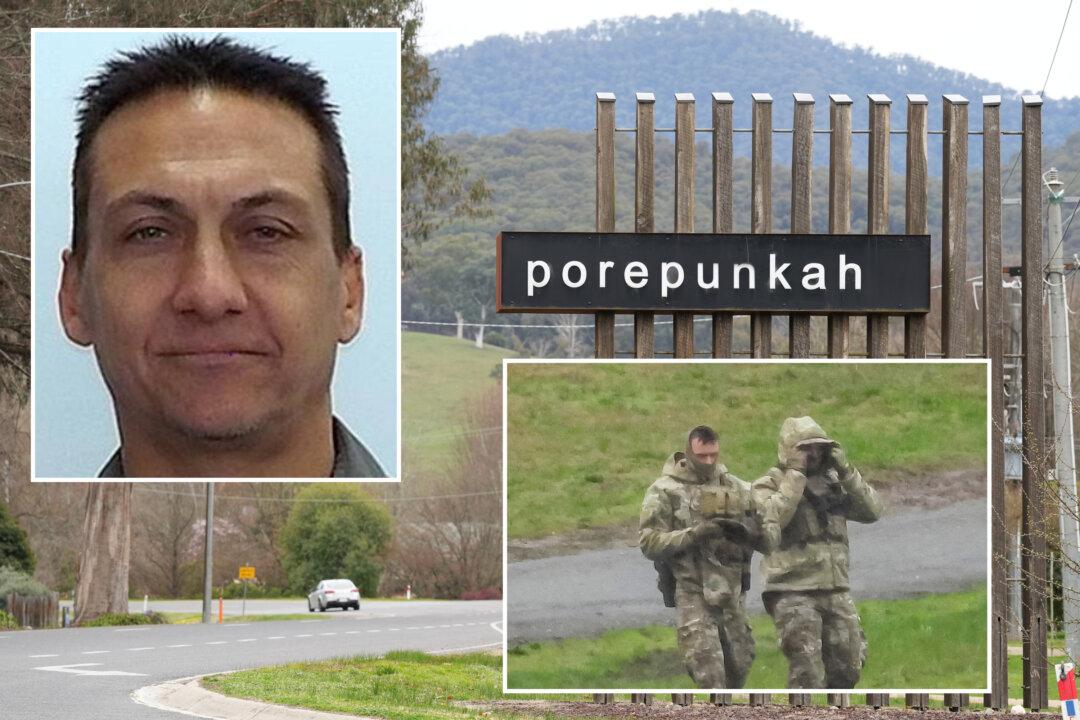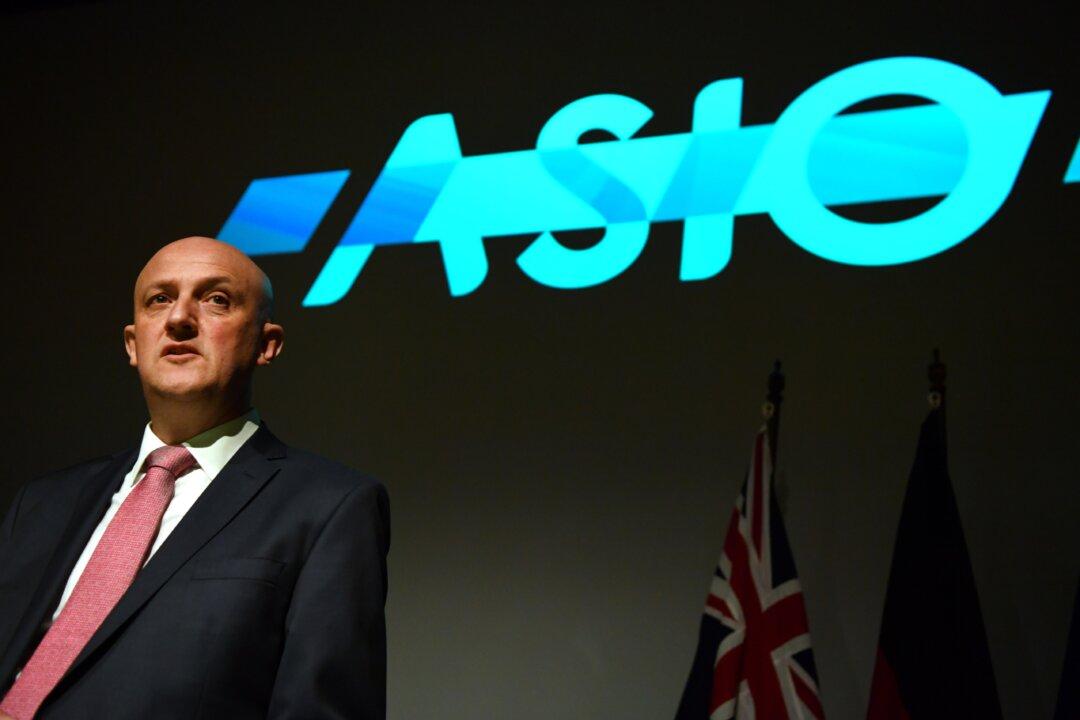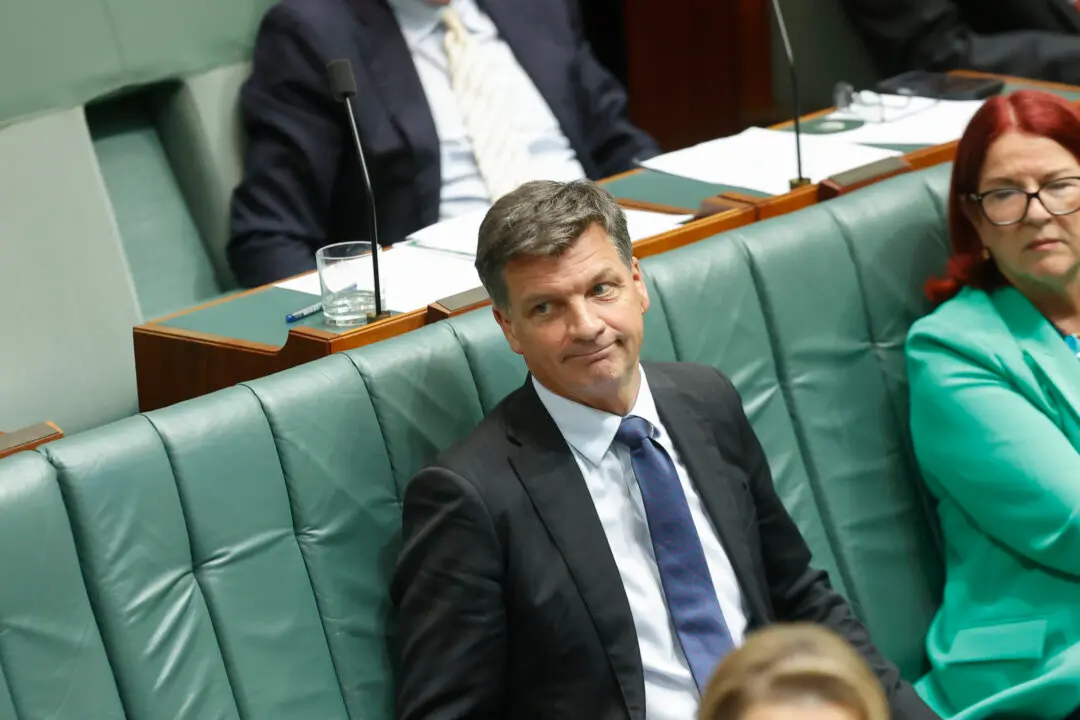Opposition Leader Peter Dutton has called for laws allowing federal police to arrest protesters carrying Hezbollah flags during rallies in support of civilians killed in an Israeli attack on Lebanon.
During the protest marches over the weekend, some demonstrators sparked controversy by displaying Hezbollah flags, a group designated as a terrorist organisation in Australia. A few protesters even carried images of its leader, Hassan Nasrallah, who was killed in an Israeli strike.





